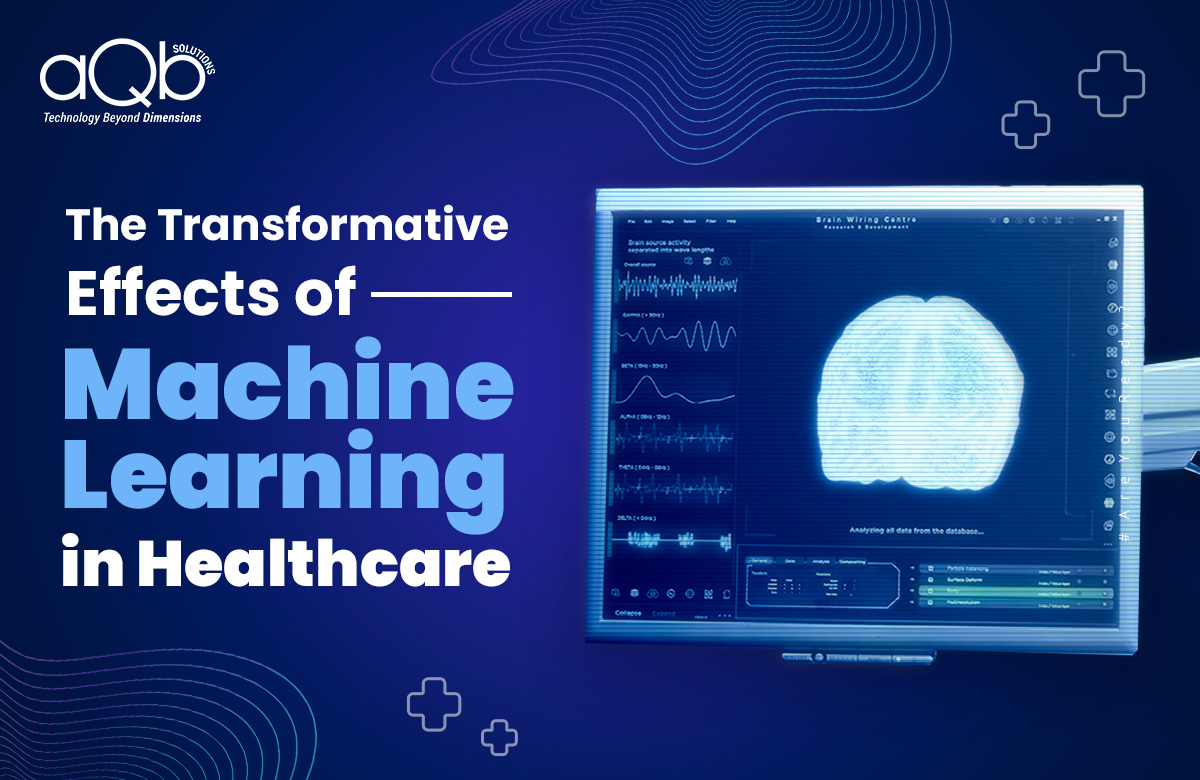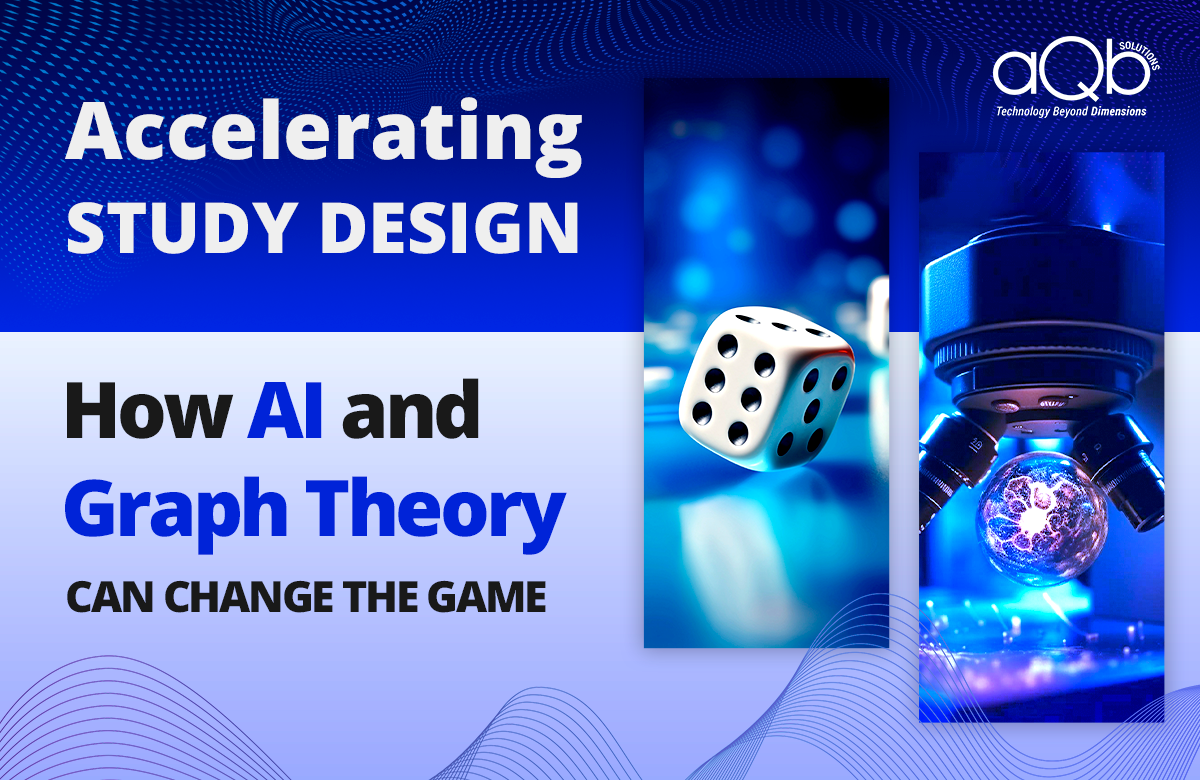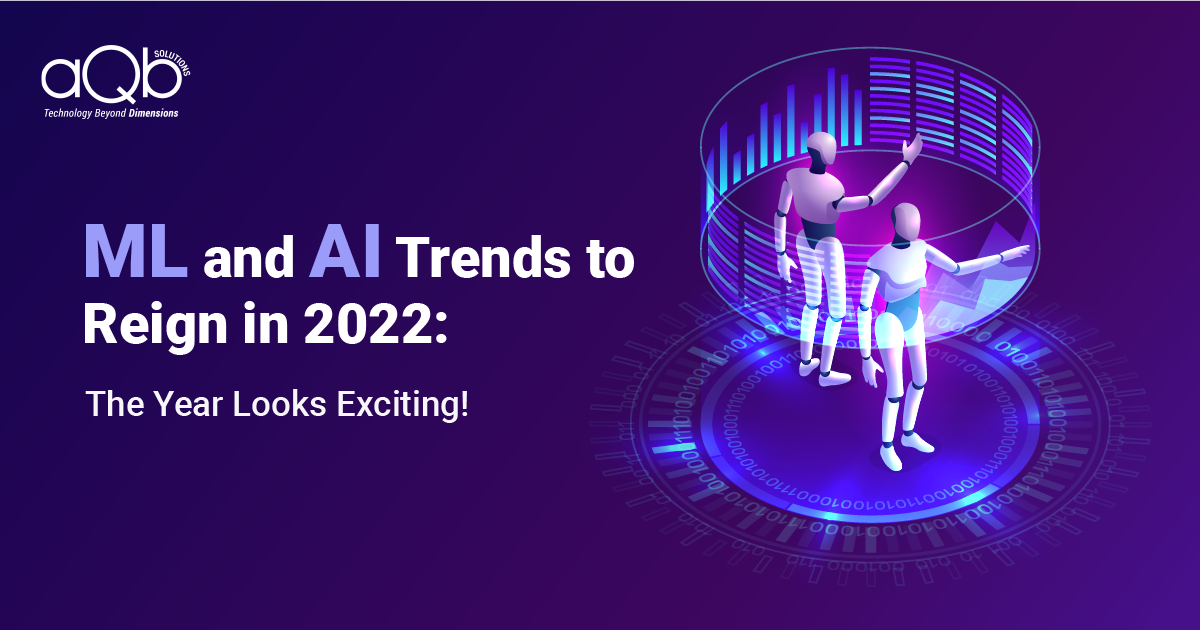Technological advancement is profoundly transforming every industry, including healthcare. And what’s at the forefront of this transformation? It’s Machine Learning.
Machine Learning in healthcare is poised to redefine medical diagnosis, treatment, and patient care. Its proficiency in unraveling intricate data patterns is reshaping the healthcare landscape, providing groundbreaking solutions to longstanding challenges. ML has diverse applications ranging from personalized treatment to accurate diagnosis.
Here, we’ll have a look at the areas in healthcare that have been significantly influenced by machine learning, in a good way! But before that, let’s understand why we need machine learning in healthcare.
How AI is helping Healthcare
Reducing the number of missed appointments
The NHS is set to implement a pilot program employing artificial intelligence to predict and mitigate missed appointments. Using algorithms and anonymized data, the AI analyzes various factors contributing to appointment non-attendance, such as weather, traffic, and work commitments.
The Mid and South Essex NHS Foundation Trust is currently testing the technology, aiming to optimize resource utilization and achieve financial savings. By tailoring appointment schedules to accommodate patient preferences, including weekends and evenings, the system aims to reduce the current eight percent did not attend (DNA) rate. Upon full deployment, the NHS anticipates an annual increase of 80-100,000 treated patients, thus, aiding in addressing waiting list challenges too.
Increases Accuracy and Speed in Medical Imaging
AI machine learning revolutionizes disease diagnosis, enhancing accuracy and consistency in detecting ailments like cancer and cardiovascular issues. The U.S. Food and Drug Administration has greenlit around 420 AI medical imaging programs boasting 80 – 90% image accuracy rates. This improved precision enables the identification of complex conditions such as strokes and aneurysms.
AI also speeds up diagnoses, ensuring prompt access to treatment for patients. With AI, healthcare providers swiftly pinpoint medical conditions, facilitating early interventions. Previously, radiologists invested significant time in image analysis, but AI algorithms leverage continuous computational power for rapid disease identification, saving physicians valuable time.
How Machine learning in Healthcare has Influenced Various Areas
Early Disease Detection
A key advancement in medical diagnostics attributed to machine learning is its capacity to enhance early disease detection. Through the analysis of comprehensive patient data encompassing medical history, laboratory findings, and imaging scans, machine learning algorithms excel at discerning subtle patterns that signal specific illnesses. In the realm of cancer diagnostics, these models can scrutinize radiological images to pinpoint tumors in their early stages, potentially saving lives through timely intervention and treatment.
Medical Imaging and Diagnostics
The landscape of medical imaging and diagnostics has undergone a profound metamorphosis with the incorporation of machine learning. Notably, the utilization of machine learning algorithms, particularly convolutional neural networks (CNNs), has transformed the interpretation and assessment of medical images, including X-rays, MRIs, and CT scans. Harnessing extensive datasets, these algorithms excel in detecting anomalies, identifying early-stage diseases, and contributing to precise diagnoses. Machine learning’s precision and efficiency have not only accelerated diagnostics but also enhanced overall patient outcomes. As technology progresses, the potential for tailored treatment plans based on medical imaging data continues to expand, promising a future marked by more accurate and targeted healthcare solutions.
Cutting Down Diagnostic Errors
Medical diagnostic errors, with potentially severe consequences, underscore the critical need for support in healthcare decision-making. Machine learning algorithms serve as invaluable aids to healthcare professionals, analyzing intricate datasets, cross-referencing them with medical literature, and providing supplementary insights. This augmentation of human expertise has the potential to mitigate diagnostic errors, ultimately enhancing the overall quality of healthcare through more informed decision-making by clinicians.
Personalized Treatment
Recognizing the uniqueness of each patient and the variability in treatment responses, machine learning algorithms play a pivotal role in crafting personalized treatment strategies. Through the analysis of individual patient data, these algorithms predict responses to specific therapies, considering genetic factors, lifestyle choices, and medical history. This personalized approach in treatment recommendations not only increases the likelihood of successful outcomes but also minimizes the risk of adverse reactions, contributing to more effective and safer healthcare interventions.
Virtual Nursing
Virtual nurses powered by machine learning offer round-the-clock support and monitoring for patients, enhancing outcomes and lowering healthcare costs. For example, Babylon Health utilizes ML in its virtual nursing service, demonstrating improved patient satisfaction and reduced hospital readmission rates.
Fraud Detection
Machine learning can detect fraudulent healthcare claims, potentially saving billions annually. Verily employs ML in its fraud detection platform, demonstrating its effectiveness in accurately identifying and preventing fraudulent claims.
ML and the Future of Medical Diagnostics
While machine learning has made notable progress in medical diagnostics, its journey is ongoing. With advancing technology, the future of machine learning in this field holds great promise. Let’s delve into the exciting possibilities and potential advancements that await.
Multi-modal Diagnostics
Present machine learning models specialize in particular medical data types like images or patient records. The future will see the emergence of multi-modal models adept at simultaneously integrating and analyzing diverse data sources. For example, a unified model could assess medical images, lab results, and electronic health records comprehensively for a holistic diagnostic approach.
Integration with Omics Data
The integration of genomics, proteomics, and other omics data with clinical information will be significantly influenced by machine learning. This merging of datasets enables researchers and clinicians to attain a more profound molecular understanding of diseases. Consequently, this integration will open avenues for precision therapies tailored to a patient’s genetic composition, leading to more effective treatments with reduced side effects.
Explainable AI
The opaque nature of certain machine learning models raises concerns in healthcare. With the increasing prevalence of machine learning, the significance of explainable AI techniques will grow. The capacity to interpret and clarify how these models make decisions is essential for building trust among healthcare professionals and patients, facilitating broader adoption.
Real-time Diagnostics
Hardware and algorithm optimizations will empower machine learning models to provide instant diagnostic outcomes. Point-of-care devices and wearable sensors, incorporating machine learning, will facilitate swift and precise diagnostics beyond conventional healthcare settings. This real-time analysis is poised to transform healthcare delivery, particularly in emergencies and remote regions, enhancing patient outcomes.
Adaptability and Continuous Learning
Machine learning models will become more adaptable and capable of continuous learning. They will evolve with new data, update their knowledge, and improve their performance over time. This adaptability will ensure that diagnostic algorithms remain up-to-date with the latest medical research and practice, leading to continually improving diagnostic accuracy.
To Sum Up
The incorporation of machine learning in healthcare has introduced novel avenues for medical diagnostics, transforming disease detection and treatment approaches. Yet, akin to any technological progress, conscientious ethical deliberations and regulatory structures are vital to guarantee its responsible and advantageous assimilation into healthcare systems. With the ongoing evolution of machine learning, we can expect further extraordinary strides in medical diagnostics, ultimately fostering enhanced patient outcomes and a healthier global population.




